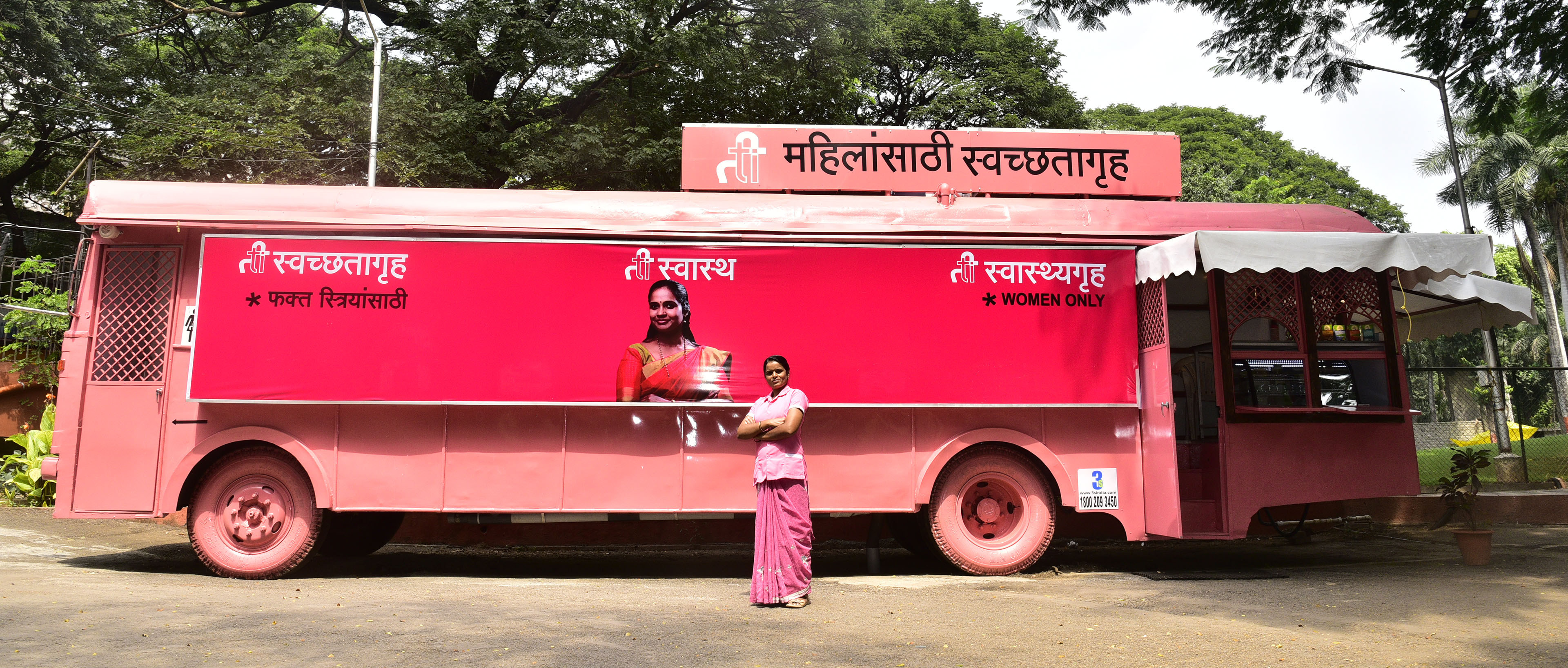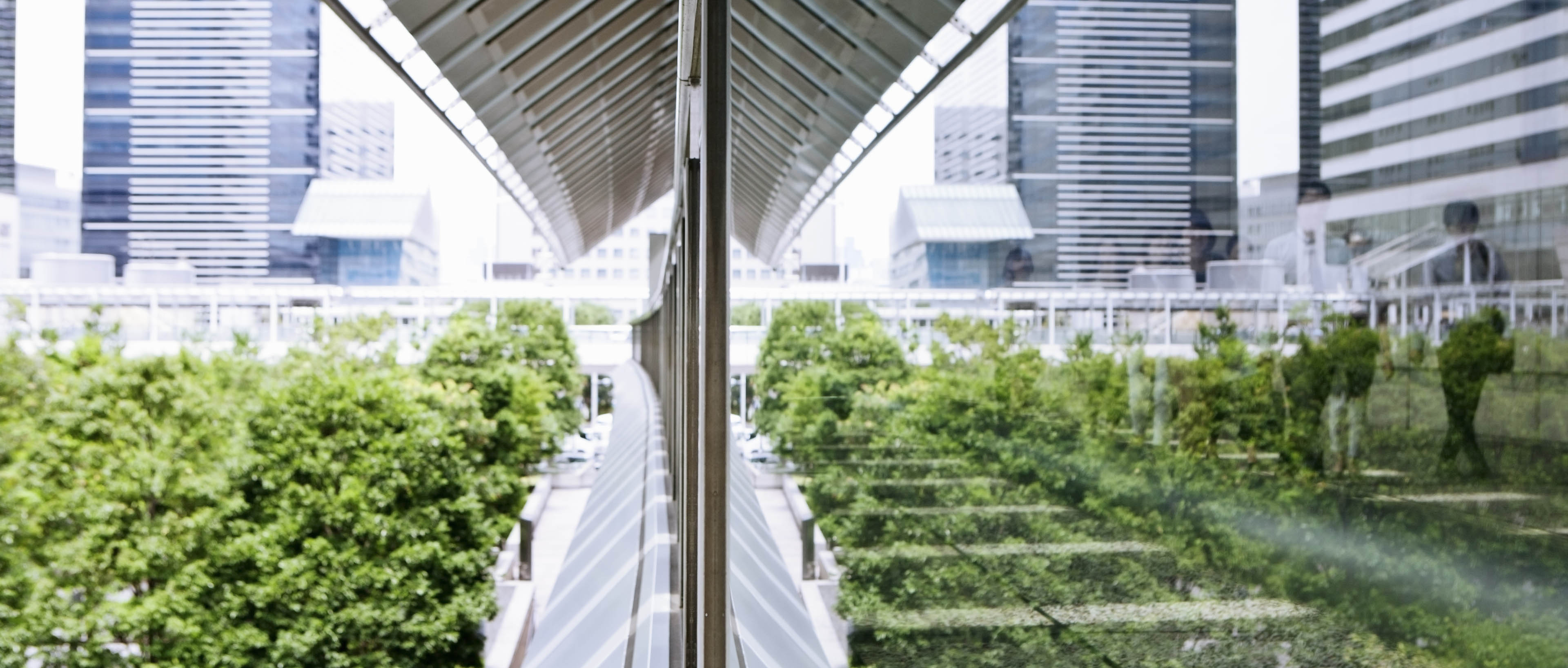EY Ripples is anchored in a long-term goal to positively impact one billion lives by 2030, by focusing the skills and experience of thousands of EY employees.

Chapter 1: Supporting the next generation workforce
Developing the mindsets and skills to thrive in the future of work
With education systems disrupted by COVID-19, supporting the next generation has never been more important. While our focus has remained constant – helping young and underserved groups to develop the mindsets and skills needed to adapt and thrive in the future of work – the emphasis this year shifted toward scaling virtual learning.
This year this included:
- Supporting almost 5,000 students across 10 countries through in-person and virtual provision of EY Future Skills workshops spanning topics such as environmental literacy, emerging technology, financial literacy and entrepreneurship.
- Providing virtual workshops on technology skills to support Junior Achievement (JA) students in Italy, as well helping JA Central Ontario to develop a suite of free digital programs on financial literacy, work readiness and entrepreneurship that young people can access from home.
- Entering into a new collaboration with 100mentors, whereby EY mentors enhance students’ learning by providing 100-second personalized video answers to their questions on economics, business management and the future of work via a mobile app.
- EY leadership in South Africa taking a compensation reduction to help fund laptops and tuition in maths, accounting, science and English for EY NextGen learners so they don’t fall behind.

As featured in our joint report with the Toilet Board Coalition, Make way for the future of sanitation (pdf), 3S is repurposing old city buses as sanitation kiosks, complete with toilets, shower cubicles, diaper changing stations and sanitary pad vending machines. These provide a safe, clean and familiar sanitation experience for low-income urban women in Pune, India. Photo courtesy of 3S.
Chapter 2: Working with impact entrepreneurs
Tailored skills, development and coaching
Impact entrepreneurs deliver essential services to communities. In our work with them this year we continue to provide wide-ranging support, whether that’s tackling the challenges of business resiliency and continuity, market changes, cash and risk management, or tailored skills development and coaching.
This year we pivoted to virtual support where necessary and improving access to digital tools specifically designed to help these impact enterprises not just survive the pandemic but emerge stronger. This year this included:
- Supporting Jeeon – an impact enterprise whose efforts to digitally connect pharmacies to training, technology, products and services has been pivotal to the COVID-19 response in Bangladesh – with financial modeling and business planning.
- Providing virtual group and one-to-one sessions on the EY 7 Drivers of Growth for entrepreneurs on the Social Impact Hub’s “Scaling impact” accelerator program in Australia.
- Publishing a joint study with the Toilet Board Coalition on the potential for innovative business models to accelerate development of a multi-billion-dollar sanitation economy – one that safely captures, treats and transforms waste into valuable resources.
- Making the EY Finance Navigator tool available to small and growing enterprises free of charge, to help them better manage their finances and cash flow.
- Developing and sharing toolkits to support COVID-19 enterprise resilience, including through collaboration with Unilever and the UK Department for International Development on the TRANSFORM “Survive and Thrive” platform.

Chapter 3: Accelerating environmental sustainability
Protecting and regenerating the environment
In addition to EY’s own sustainability efforts, through EY Ripples we continue to develop new ways to empower EY people to make more sustainable choices, and, channel their skills and knowledge towards projects that not only protect and regenerate the environment, but also unlock the economic opportunities inherent in a net positive, circular economy. This year this included:
- Supporting Earthwatch with virtual secondments centered on financial and cash flow forecasting, and human resources strategy and planning. These projects have helped Earthwatch improve resilience: not only helping it weather disruption to operations and revenue, but also to prepare to rebound strongly from the pandemic.
- Helping Engineers Without Borders (Norway) to optimize an innovative approach to winterizing refugee camps in Turkey, using “Polyfloss” technology – refugees can manufacture their own insulation materials from waste thermoplastics, thereby tackling the “triple threat” of poor protection against harsh winters, poor opportunities for productive employment, and a living environment rife with plastic waste.
- Continuing to expand the “eco-innovator” network – a grassroots network of EY people dedicated to sharing ideas and leading practices for tackling the climate crisis. This includes running regular events to educate, inform and inspire EY people with practical tips for sustainable living.
- Launching an EY Badge on climate change and sustainability to further all EY people’s understanding of the climate crisis, the impact of climate change on EY clients and sectors, and how individual and collective action can make a difference.

Chapter 4: Impacting a billion lives for the better
Measuring our impact
Last year EY announced the bold ambition to positively impact the lives of 250m people by 2025 and 1b people by 2030. In keeping with that goal, and the ability to reliably measure progress toward it, we are moving from input-based metrics to an outcomes-based measure of social impact initiatives.
While we will continue to report community investment figures using metrics such as hours invested in community volunteering, and the monetary value of those contributions, these metrics don’t speak to the impact those endeavors create. Therefore, we are now reporting on “lives impacted” based on a rigorous methodology developed over the past year.
“Lives impacted” figures encompass evaluation of both direct and indirect beneficiaries of EY Ripples initiatives – for example, both the leaders of impact enterprises and the customer base they serve – and are weighted according to the depth and breadth of impact that can be attributed to EY support. The impact of each initiative is also mapped to the most relevant SDG, based on ultimate impact.
Since the inception of our social impact programs working with impact entrepreneurs and supporting the next generation, EY has positively impacted more than 34 million people, including over 15 million people in FY20.
Achieving our ambition requires innovation and collaboration at scale across the public, private and non-profit sectors. While we recognize we still have a long way to go to achieve the 2025 and 2030 impact targets, we have made strong progress over a short period of time and these figures show that we are on track.
SDG |
Lives Impacted |
SDG 8: Decent Work and Economic Growth |
8,998,329 |
SDG 5: Gender Equality |
1,649,507 |
SDG 7: Affordable and Clean Energy |
1,594,374 |
SDG 17: Partnerships for the Goals |
1,146,688 |
SDG 1: No Poverty |
779,617 |
Other |
1,350,942 |
Total |
15,519,458 |
Summary
EY Ripples, our corporate responsibility program, is anchored in a long-term goal to positively impact one billion lives by 2030, by focusing the skills and experience of thousands of EY employees.


